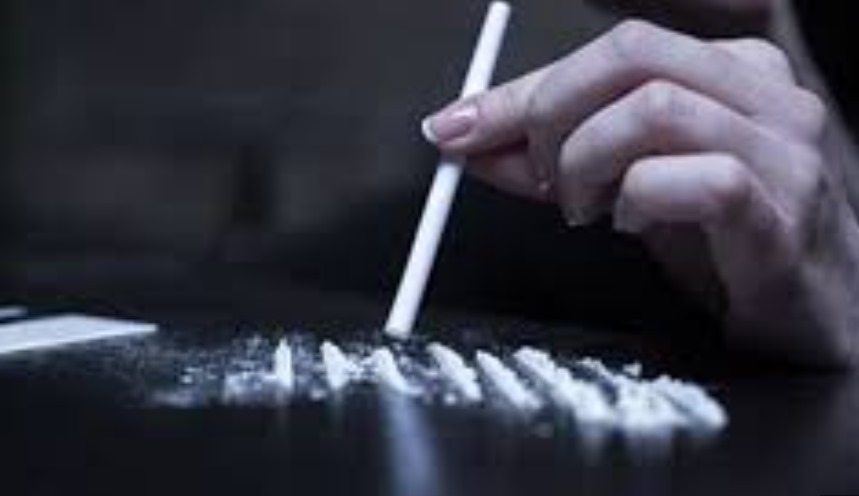Drug Addiction
Drug addiction is a serious social problem that affects individuals, families, and society as a whole. It refers to the physical and psychological dependence on harmful substances like heroin, cocaine, marijuana, and other illegal or prescription drugs. Many people, especially the youth, fall into the trap of drug addiction due to peer pressure, curiosity, stress, or personal problems. What starts as a habit or an escape often turns into a dangerous addiction that is hard to overcome.
The effects of drug addiction are devastating. It damages a person’s physical and mental health, leading to weakness, memory loss, anxiety, depression, and in extreme cases, death. An addicted person loses interest in education, work, and relationships. Their behavior often becomes violent, and they may turn to crime to fulfill their drug needs. Families suffer greatly as they watch their loved ones ruin their lives and future.
Drug addiction is not just a personal issue; it is a national concern. It leads to a decline in the country’s productivity, increases healthcare costs, and causes various social problems. The spread of addiction also raises the risk of diseases like HIV/AIDS through shared needles.
To fight drug addiction, awareness and prevention are key. Schools, parents, and media should educate young people about the dangers of drugs. Rehabilitation centers should be available to help addicts recover and rejoin society. Law enforcement must also act strictly against drug dealers and smugglers.
In conclusion, drug addiction is a deadly problem that must be addressed with seriousness and care. Young people must stay away from drugs and focus on building a healthy, successful life. With proper education, support, and strict laws, we can reduce the harmful impact of drug addiction and create a safer, healthier society.




